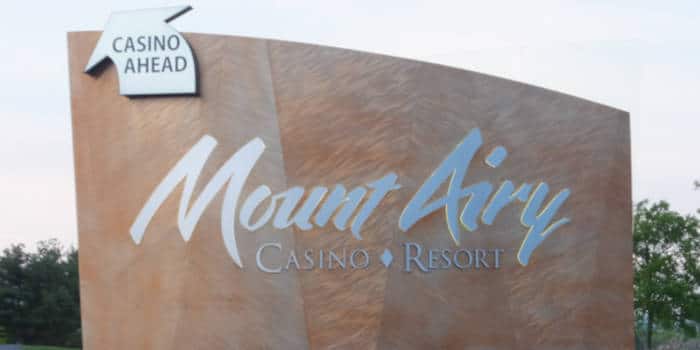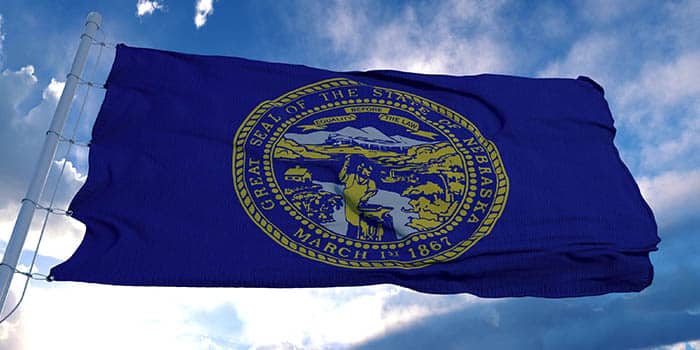- Casino
- By State
- Alabama
- Alaska
- Arizona
- Arkansas
- California
- Colorado
- Connecticut
- Delaware
- Georgia
- Florida
- Hawaii
- Idaho
- Illinois
- Indiana
- Iowa
- Kansas
- Kentucky
- Louisiana
- Maine
- Massachusetts
- Maryland
- Michigan
- Minnesota
- Mississippi
- Missouri
- Montana
- Nebraska
- Nevada
- New Hampshire
- New Jersey
- New Mexico
- New York
- North Carolina
- North Dakota
- Ohio
- Oklahoma
- Oregon
- Pennsylvania
- Rhode Island
- South Carolina
- South Dakota
- Tennessee
- Texas
- Utah
- Vermont
- Virginia
- Washington
- West Virginia
- Wisconsin
- Wyoming
- By State
- Slots
- Poker
- Sports
- Esports
Fact-checked by Stoyan Todorov
Michigan Online Gaming and Betting Slowed Down in February
The year-on-year comparison paints a rosier picture, showing an increase in iGaming in sports betting
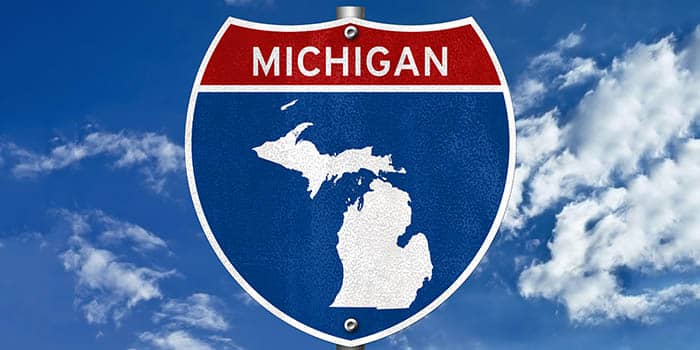
The Michigan Gaming Control Board (MGCB) has published information about the local online gaming and sports betting markets’ performance in February. The report showed a significant increase in sports betting from January despite the Super Bowl.
iGaming & Sports Results Weaker than January, Stronger than February 2024
According to the MGCB, Michigan’s commercial and tribal operators reported a combined total of $268.5 million in iGaming and sports betting gross receipts. The February figures showed a total decrease of 18.9% compared to January.
In February, the iGaming sector reported a total of $222.5 million in iGaming gross receipts. Gross sports betting receipts, on the other hand, plummeted to $46 million from $83 million in January.
The report added that the combined total of iGaming and online sports betting adjusted gross receipts for February stood at $236.3 million. This included $209.1 million from iGaming and $27.2 million from online betting. These figures represent month-on-month declines of 10.3% and 50.2% respectively.
The year-on-year comparison, on the other hand, paints a rosier picture, showing an increase in iGaming adjusted gross receipts of 23.6%. Compared to February 2024, sports betting AGR increased by $14.3 million.
The MGCB published additional market information, showing that the total money players in Michigan spent online sports betting decreased from $555.2 million in January to $379.8 million in February. This translates to a month-on-month decline in handle of 31.6%.
Gaming Companies Paid Millions in Taxes
In terms of taxes, iGaming and online sports betting operators across Michigan paid a total of $43.8 million to the state. Most of this was paid by the online casino sector, which submitted $42.3 million in iGaming taxes and fees. The online sports betting sector, on the other hand, paid $1.5 million in taxes and fees.
In the meantime, the MGCB report noted that Detroit’s three casinos paid $12.1 million in sports betting taxes and municipal services fees. This included $11.5 million in iGaming taxes and fees, as well as $640,248 in internet sports betting taxes and fees.
Tribal operators also contributed to their governing bodies, submitting a total of $4.7 million in payments.
Michigan Blocks Offshore Operators
The MGCB noted that, as of February 2025, there were a total of 15 commercial and tribal operators allowed to run iGaming and/or online sports betting in the state. The MGCB clarified that 12 operators offer online betting, while 15 run iGaming.
Speaking of the operators in Michigan, the state recently took action against offshore casinos, ordering five unlicensed operators to cease and desist. These included the following:
- BetWhale Casino – Curaçao
- Black Lotus Casino (owned by TD Investments) – Belize
- Coins Game Casino – Curaçao
- Love2play Casino – Curaçao and Costa Rica
- Orion Stars 777 Players – Sichuan Province, China
The operators in question offered online gaming and accepted multiple payment options despite lacking a license to operate in the Michigan.
In other news, Light & Wonder subsidiary LNW Gaming just announced that it will be shutting down a facility in Michigan and laying off approximately 100 employees.
Must Read
Industry
April 11, 2025
Online Casino Legalization Fails in Two US States
More Articles








Industry
April 16, 2025
‘Tesla Terrorist’ Pleads Not Guilty to Litany of Charges

Casino
April 16, 2025
Jake’s 58 Casino Warns About Online Gambling Scam

Casino
April 16, 2025
Lucky Couple Hits $4.2M Megabucks Jackpot at Pechanga

Sports
April 16, 2025
North Carolina Could Double the Online Sports Betting Tax
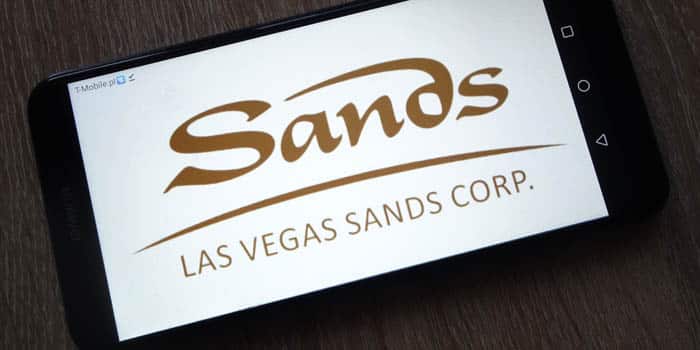
Casino
April 16, 2025
Las Vegas Sands Faces Challenges Despite Analyst Optimism
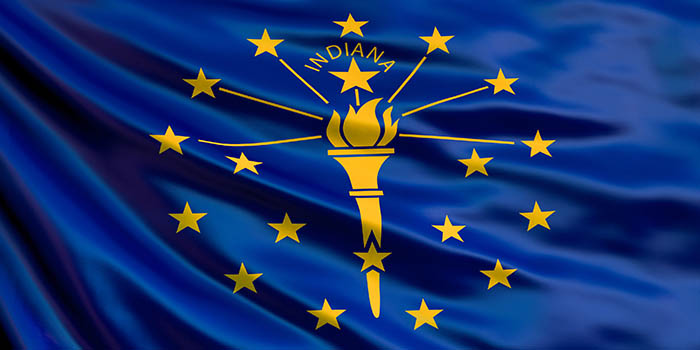
Industry
April 15, 2025
Indiana Bill Seeking to End Lottery Couriers Advances

Casino
April 15, 2025
Cops Hunt for Teen After Osage Casino Hotel Shooting








